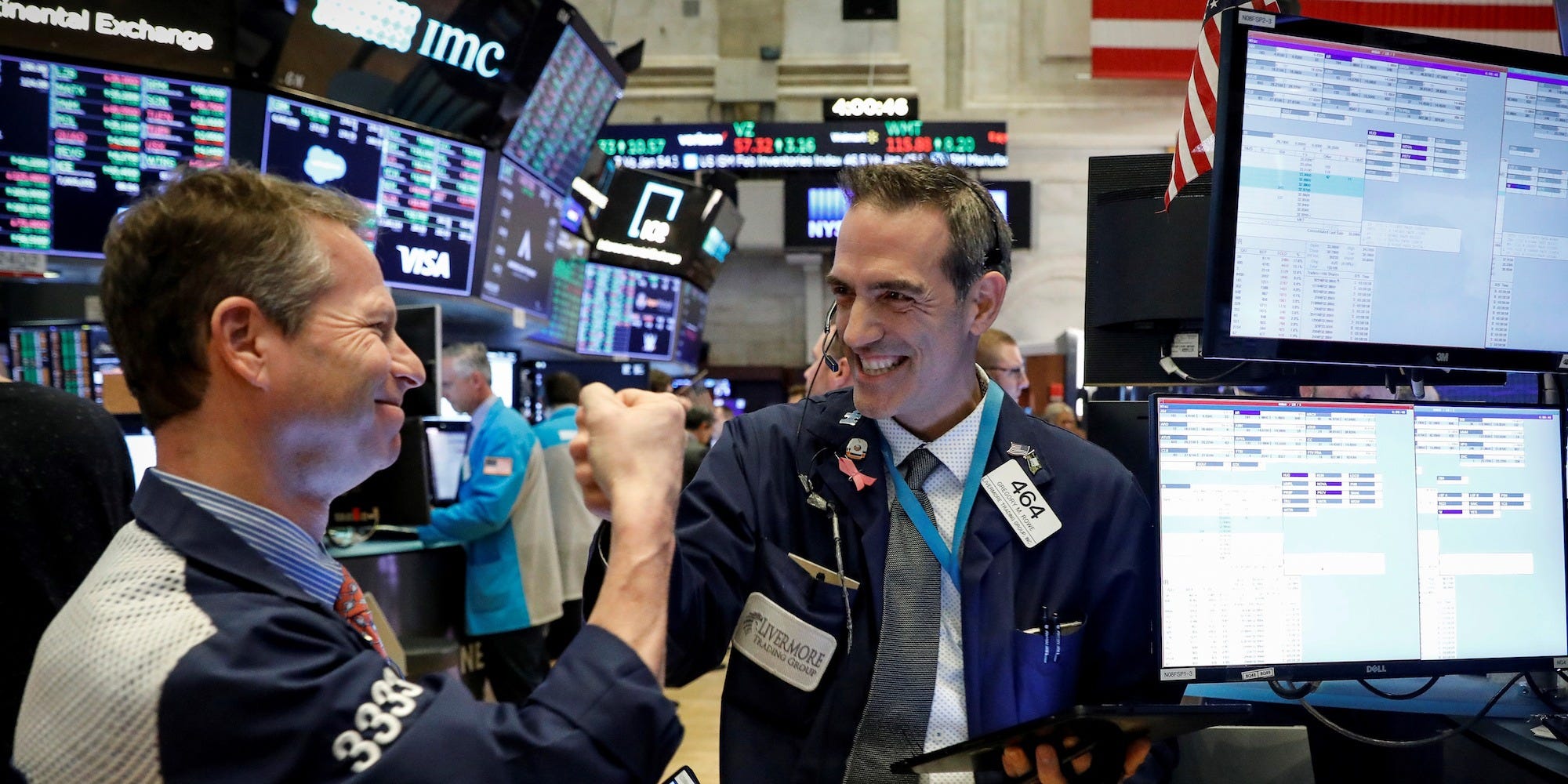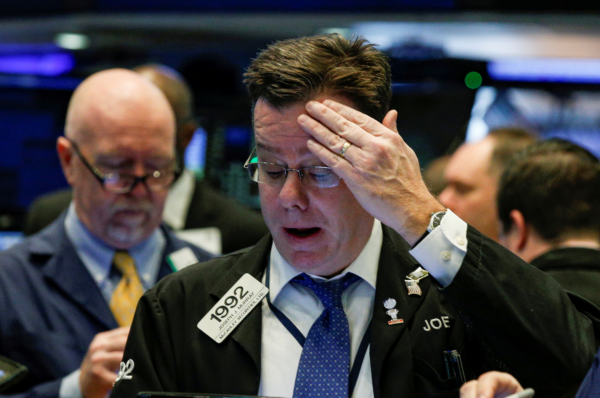- A veteran Wall Street investor says the rise in day trading is a “welcome phenomenon” and has helped decrease market volatility, Bloomberg reported Monday.
- Larry Peruzzi, director of Mischler Financial Group, said markets are seeing “less irregular trading dips and spikes” following the rise in day-trading.
- He noted that the Cboe Volatility Index has fallen even though trading volumes have risen.
- “Currently the rise in retail investing has been a welcome phenomenon,” Peruzzi said.
- Many veteran investors have criticized the rise in day-trading, predicting that it will end badly.
- Visit Business Insider’s homepage for more stories.
At a time where day-traders have been blamed for adding market volatility and falsely inflating stocks, one veteran trader thinks they have actually reduced volatility in stocks.
Larry Peruzzi, director of international trading at Mischler Financial Group, who has been buying and selling equities for more than 20 years, noted that the Cboe Volatility Index, a key indicator of market volatility, has fallen in recent months, Bloomberg reported Monday.
Peruzzi said the VIX has fallen in recent months even as trading volumes have surged.
Peruzzi said a big advantage of retail investing is that it “tends to be spread throughout the day” unlike institutional investors, who often trade at the beginning or the end of the day.
He added that as a result markets are seeing "less irregular trading dips and spikes."
"Currently the rise in retail investing has been a welcome phenomenon," Peruzzi said. His comments put him at odds with other major Wall Street veterans and billionaires who have all criticized a rise in retail-trading.
Markets have been divided whether to applaud day-traders for timing the market, or blame them for causing them for stocks to explode, meaning a dramatic correction may soon follow.
The S&P 500 is up more than 46% from lows it hit in March during the early days of the coronavirus pandemic.
Day-traders have been piling into the stock of several distressed companies like JCPenney and Hertz, despite the overwhelming probability that shareholders will be wiped out during bankruptcy proceedings.
A number of billionaires have been scratching their heads at the gains being made by day-traders and have been vocal in criticizing them for not knowing the risks their trading activities entail.
For example, billionaire Leon Cooperman, CEO at Omega Advisors recently, said: "They are just doing stupid things, and in my opinion, this will end in tears."










